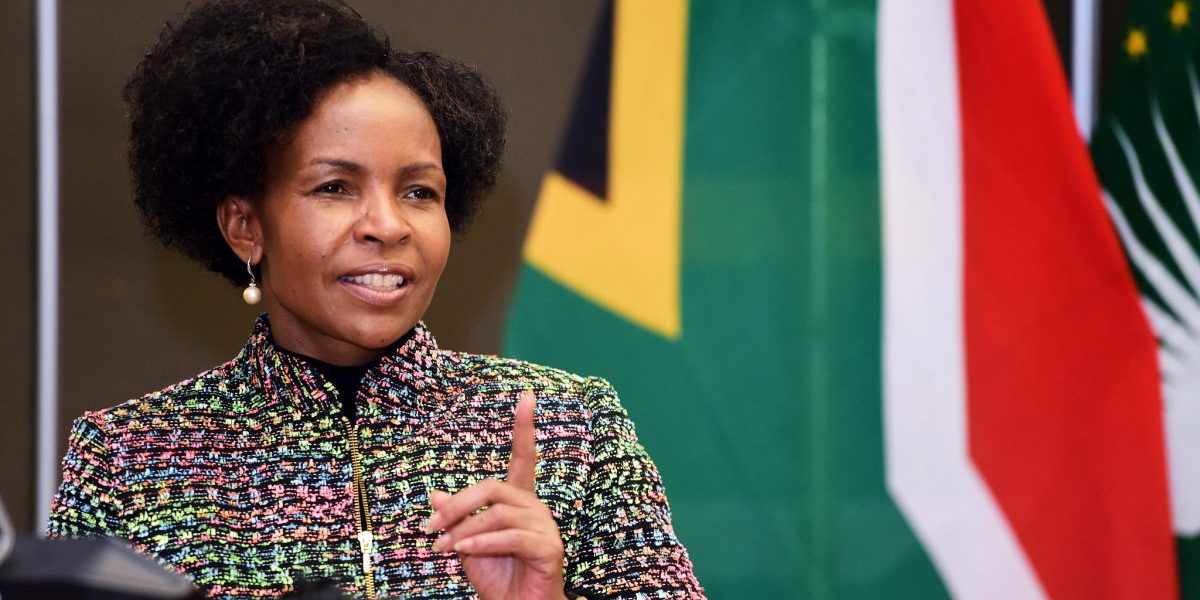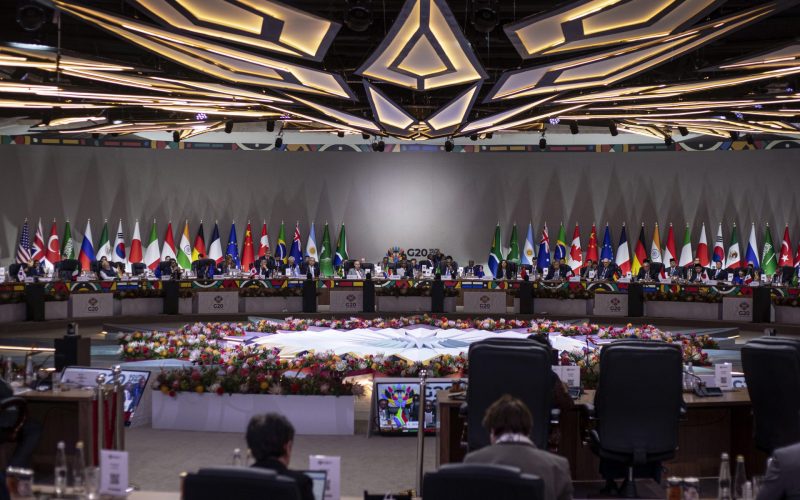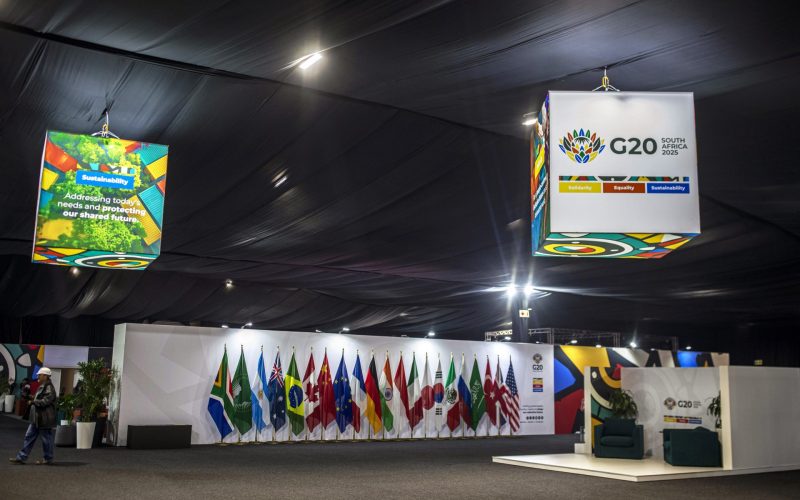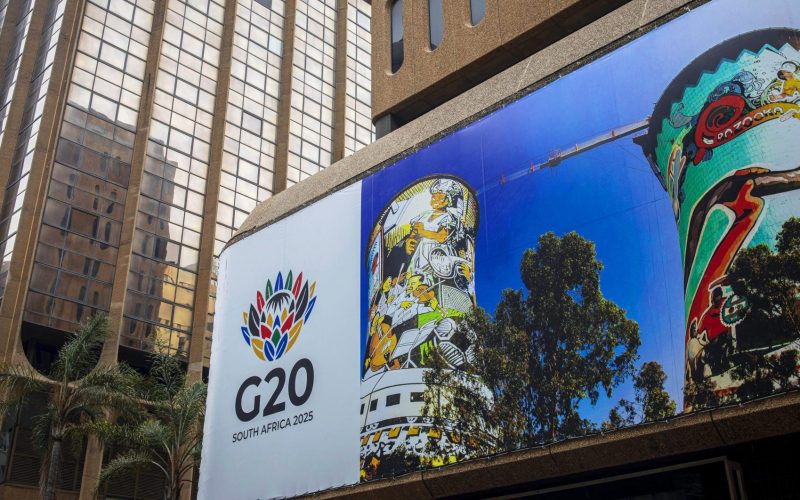In her speech, the Minister outlined South Africa’s international relations platform and global strategy, through President Jacob Zuma’s Administration changing the department’s name from the Department of Foreign Affairs to the Department of International Relations and Cooperation. She stressed that South Africa had affirmed a better understanding of itself as a country and a global player, situating itself within the complex character of the world we live in today.
Minister Nkoana-Mashabane clearly articulated the impact of the rise of emerging powers to create new found optimism amongst developing countries, and the opportunities resulting from geopolitical shifts and the rise of these powers on the global stage.
Speaking in relation to south-south cooperation, she emphasised “…we see the formation of the IBSA and our membership of that body as a mechanism not only for enhancing our trilateral partnership with India and Brazil, but also as an important pillar for strengthening the muscle of the South in global affairs”.
As a key member of IBSA, South Africa has been developing strategic relations with its partners in that grouping, namely India and Brazil, as well as with emerging global powers, China and Russia. Recent state visits by President Zuma have reflected the importance attached to these relationships from the side of the South African government. At both bilateral and multilateral levels South Africa is seeking to work with these governments on political and trade issues, global governance reform and climate change, and the advancement of the African agenda.
The minister praised the role SAIIA plays in South African and African civil society, in facilitating independent research and analysis on these and other vital issues. She closed by mentioning the institute’s ongoing relevance and importance, and by thanking the institute for its contribution: “SAIIA, as a non-state actor, is an invaluable partner. We are pleased that you have been visibly active in our activities, including the consultation we organised recently on the Discussion Document on our White Paper”.








